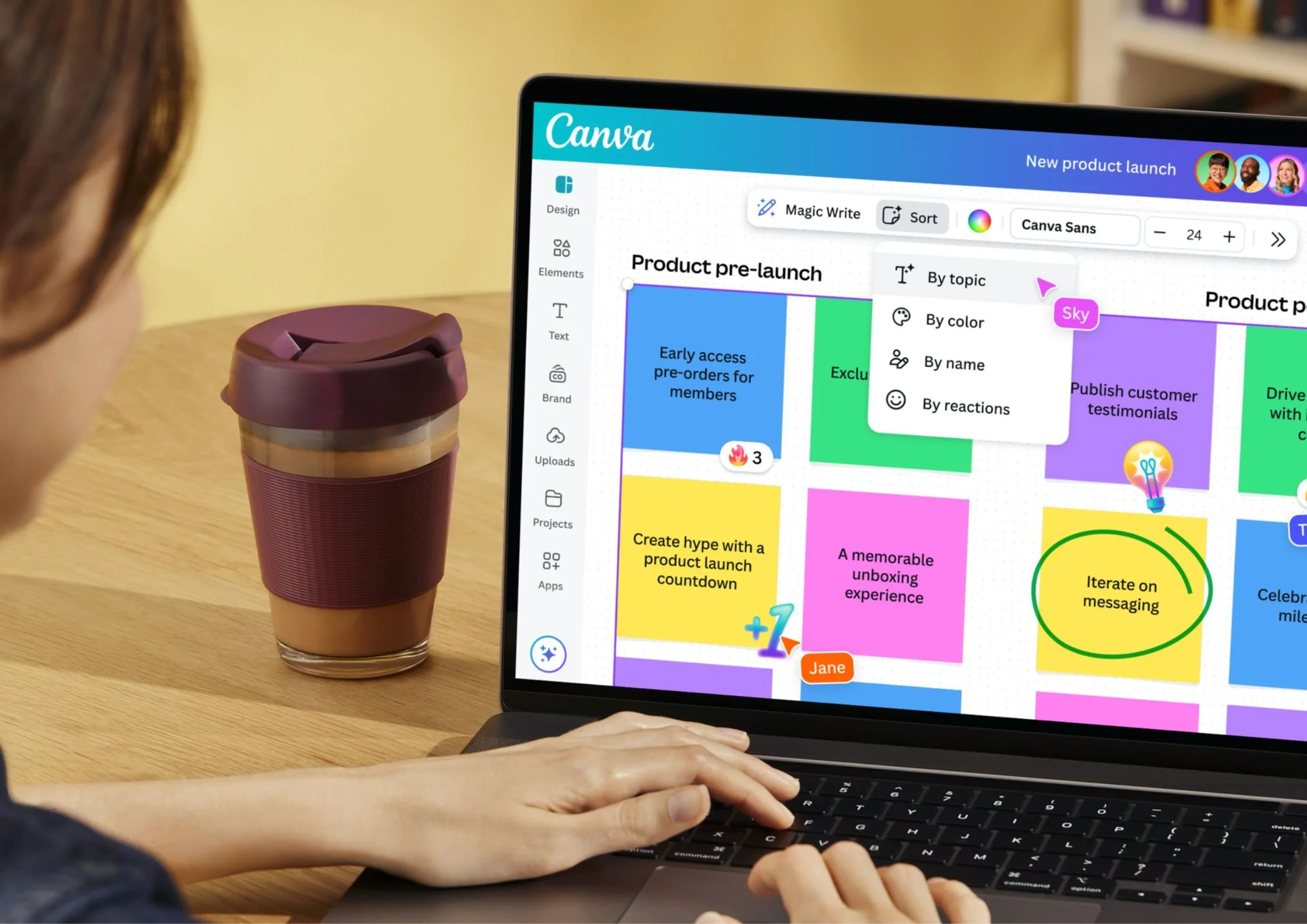Check out this article on how to help your child learn and develop over the years
A big part of your child’s life will have to do with education and schooling. You want to make sure you do all that’s in your power to help them be successful in this area of their life.
It’s a chance to learn skills and new knowledge that they will take with them and can apply in their future years. As a parent, you want to make sure you set the right tone about how important it is to study and pay attention in class. The good news is that there are quite a few actions you can take to help your child learn and develop over the years so they can put their best foot forward.
Make Reading A Daily Priority
One of the most essential skills your child can and will learn as they begin schooling and age is to read. Reading books is a great way for them to develop their language abilities and use their creativity and imagination. For the best outcome, you should commit to making reading a daily priority in your household.
You may be wondering at what age do kids start reading which is an important question to ask yourself. Instead of comparing your child to other kids you can take a look at the reading benchmarks by age and see where your child fits. Every kid’s pathway is different so don’t be alarmed if your child isn’t exactly on course as of right now. Have plenty of books around the house and take trips to the library to get them interested and gain more exposure.
Limit Screen Time
While technology can be useful in many capacities it can also be distracting and addicting. Help your child learn and develop over the years by limiting screen time in the home. They likely get some of it at school anyway. There are many other activities they can do to entertain themselves and ways to learn that don’t require having a tablet. There are offline lessons you can take advantage of and share with your kids that will give them the foundational skills they need to be successful in life and in school. You’re likely to find that your child feels less anxious and stressed out the more time they spend away from the screen.
Schedule Time for Homework
Your kids likely come home from school feeling tired and hungry. Give them some time to regroup and then make sure you encourage them to do their homework. Set up a quiet area in your home where they can go to focus. Make sure they have all the supplies they need to be successful at this task.
Check-in on them and see if they need any help or are struggling with a particular topic or assignment. Reward them when they are finished with their homework by allowing them to watch a movie or eat their favorite dessert. Remind yourself that you’re the adult and parent and when you make homework a priority they will give themselves a better chance of excelling in school.
Find Them Help if Needed
Some topics and subjects are harder than others. Also, not all kids learn the same way or at the same pace. There may be times in your child’s life when they are faced with challenges or difficulties when it comes to school and learning. Try your best to not ignore the issue or force them to overcome it on their own.
Instead, you can help your child learn and develop over the years by finding them appropriate assistance if they need it. For example, it may be that you have them work with a tutor in the home after school or on the weekends. If it’s something more having to deal with emotions such as anxiety or socializing then you may want to have them see a therapist or school counselor.
Get to Know Their Teachers
You can also help your child learn and develop over the years by getting to know their teachers. Each year they will be working with someone new and it’s important that you connect with the teacher and find out how your child is performing overall and identify areas where they may be struggling.
Make sure that you attend all parent-teacher conferences when they are offered throughout the year. This is your chance to build a rapport with the teacher and ask any questions that you have on your mind. They can give you insights as to how your child is doing in school and you can discuss any matters that may be of concern. The teacher would likely be more than happy to have you send them emails or messages throughout the year whenever something arises that you need some input on.
Make Learning Fun
It’s also in your best interest to make learning fun for your child. You want them to enjoy themselves and feel excited to want to take in new information. It’s a great way to help them remain curious and open-minded. There are plenty of educational games and puzzles out there that you can do with your child to help make learning fun. There may also be some educational movies or TV series that you can encourage your child to watch when they have some downtime. You may also want to do some hands-on activities such as a scavenger hunt or arts and crafts.
Spend Quality Time Together & Practice Open Communication
You also want to make sure that your child feels loved and that you care about their progress. Be sure to spend quality time as a family as a way to not only have a good time but also discuss more serious topics. These opportunities to connect are a chance for you to grow a closer bond and build trust with your child.
You want them to feel comfortable coming to you when they are facing problems or struggles and need someone to talk to. When your child is speaking to you make sure that you eliminate distractions and actively listen. You don’t have to solve every problem for them but you can be there as a support person and someone who they turn to for advice and encouragement.































